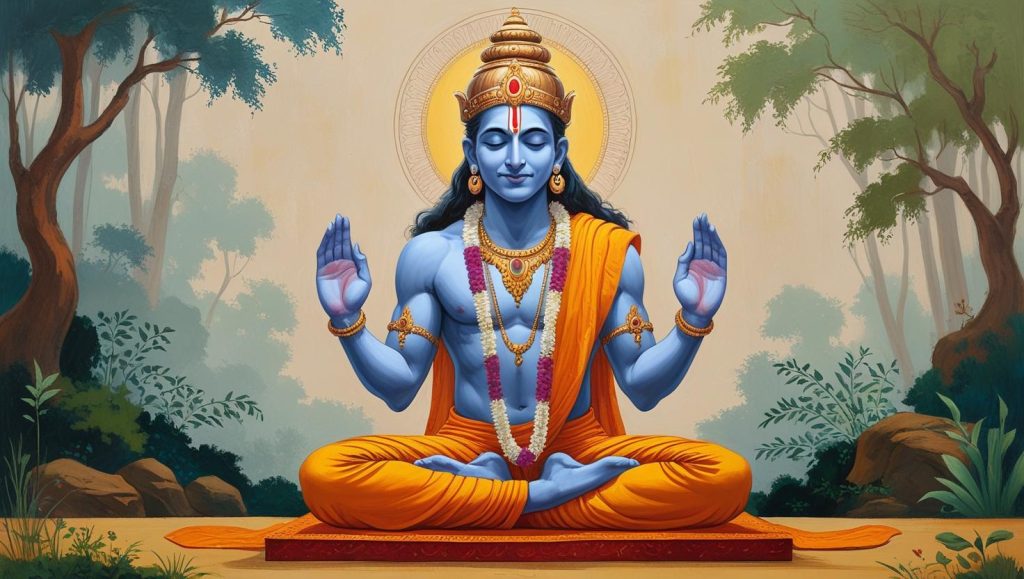Bhagwan Rishabhdev, the first Tirthankar of Jainism, laid the foundation for a life rooted in purity, truth, and compassion. Among his most profound teachings, Ahimsa—the principle of non-violence—holds a special place. For Rishabhdev, Ahimsa was not just about avoiding physical harm to living beings, but about cultivating a heart free from hatred, greed, and cruelty.

In Jainism, Ahimsa extends to thoughts, words, and actions. Rishabhdev taught that true spiritual growth comes from practicing kindness in every sphere of life. This includes refraining from harming even the smallest creature, being mindful of the environment, and embracing peaceful coexistence with all beings.
Ahimsa also calls for mental discipline—avoiding anger, jealousy, and hostility. According to Rishabhdev, when the mind is filled with compassion, our actions naturally become non-violent. His message encourages us to choose empathy over ego, forgiveness over revenge, and understanding over conflict.

In the modern era, where competition and aggression often dominate, Rishabhdev’s vision of Ahimsa offers a timeless reminder: peace in the world begins with peace in our hearts. By embracing non-violence, we not only protect life but also nurture a harmonious and sustainable society.


